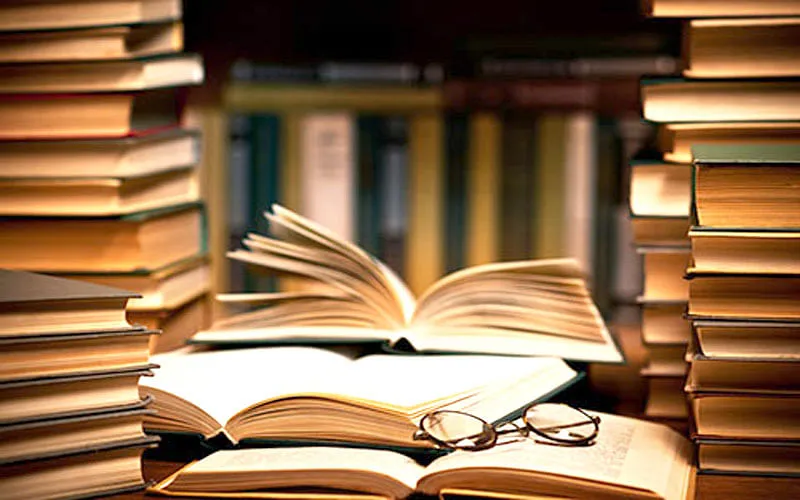According to Amartya Sen, vital redistributive activities are essential conditions for development that provides benefits to poor. If we want development we must broaden choices and preferences of the masses (especially educated). Empirical studies prove that there is a circular flow and a virtuous circle of development and skills. When we expand the skills of people, their abilities and capabilities also increase, and accordingly there are extension of their choices and freedom. Hence, they become conscious of their human rights and society at large gets developed in a real sense or there is human development. It means overall development, mental as well as social development by way of growing and developing coupled with experiences and learning new things in life.
J&K government’s move with regard to expansion of choice of subjects in schools is a good step for economic growth and economic development that Sen talks about. It will surely restructure education sector. Government has initiated process for creating modalities to expand the subject choices in the schools in accordance with New Education Policy 2020 envisaging new education system of 5+3+3+4. The main concern under the new scheme is to make sure that students develop a multidisciplinary approach to education. Moreover, they will have access to series of combinations of subjects to choose in line with their knowledge, skills, and areas of interest. Instead of compartmentalization of streams into arts, commerce, and science the students will have open choice to decide about their subject of interest. This will have a dual effect: On one hand it will develop the basics about the subjects from the very beginning and on another hand, it will develop their confidence and knowledge.
A high level committee has been constituted by the J&K government to frame guidelines for introduction of new subjects and also rationalization of existing as well as new subjects in government Higher Secondary Schools (HSS) in J&K. In traditional times, there was rote learning and education was mostly teacher centric. Developing economies of the world should hold the 21st Century modern education model offering a paradigm shift in set of course design and development. It will develop student capabilities and experiences through their learning by doing and active participation in learning different experiences directed by their practical knowledge.
Critical thinking is very important helping an individual to analyze and interpret facts to draw sound inferences. It assumes agreement to demanding criteria of excellence. It empowers students in a holistic manner and develops their life and soft skills. Our schools do not develop critical thinking of their students and do not work on improving life and soft skills of their students alongside communication skills. Hence, there is very high educated unemployment in Jammu and Kashmir. It is very important to make the youth fit for the job market. The contemporary syllabus scheme culture in schools generally and government schools particularly fail to generate necessary inputs for globally fit education and foster better citizens. Moreover, this lacuna aggravates the problems of our education system. Accordingly, for enabling modern quality learning, the education department must introduce key holistic syllabus reform in all subjects. It necessarily needs to incorporate creative courses.
Conclusion
Educational policies in general and policies that broaden subject choices at different stages /levels of education in particular must be upgraded in order to achieve excellence in all sectors of the economy. It is very important for both students and teachers to take dynamic redistributive events that boost learning outcomes for both parties. Both should welcome technological innovations and develop their critical thinking so as to be a better player in the era of globalization. Furthermore, they must develop a multidisciplinary outlook to education. It will have a tripartite impact. Firstly, it will improve knowledge of all related subjects. Secondly, it will develop human capital. Thirdly, it will develop social capital thereby improving the stock of personal ties alongside the knowledge of institutions. Our family in the first place and teachers in the second place must try to develop our human and social capital so that they will help us to become a better version of ourselves. In addition, social capital will help us to face social challenges of life and position them to maintain social hierarchy and improve our standard of living (richness of life) and quality of life (completeness of life). Policies that provide freedom and opportunities to students always improve welfare of the student and teacher community. Therefore, such initiatives have always been welcomed and appreciated at different levels.
Binish Qadri is ICSSR Doctoral Fellow in the department of economics, Central University of Kashmir; Quarterly Franklin Member, London Journals Press.






